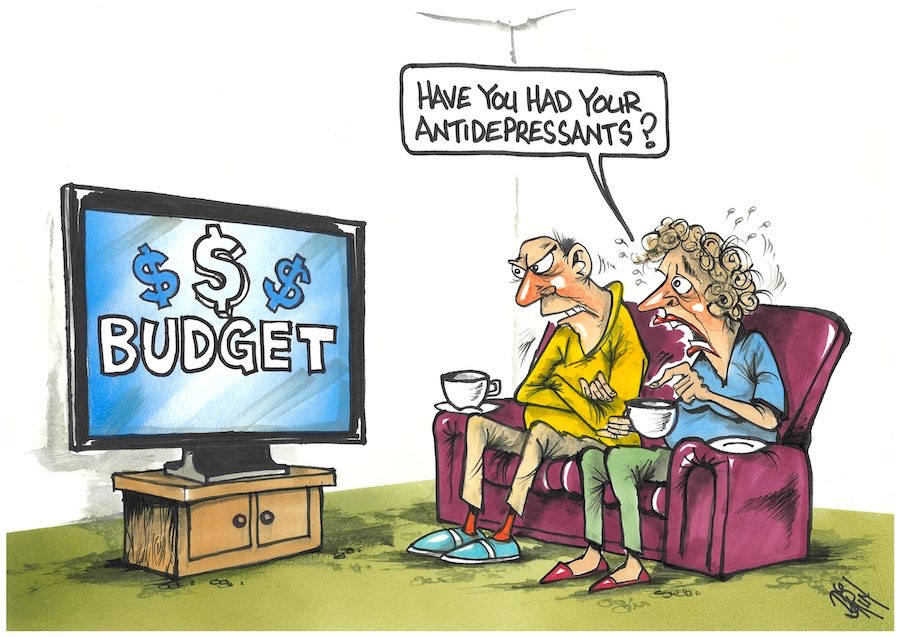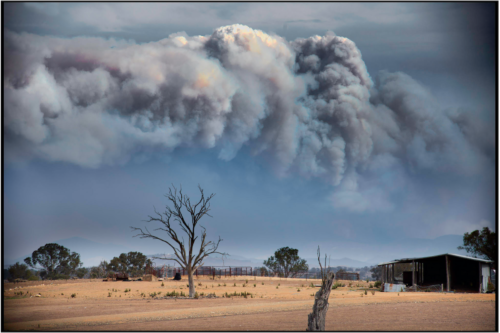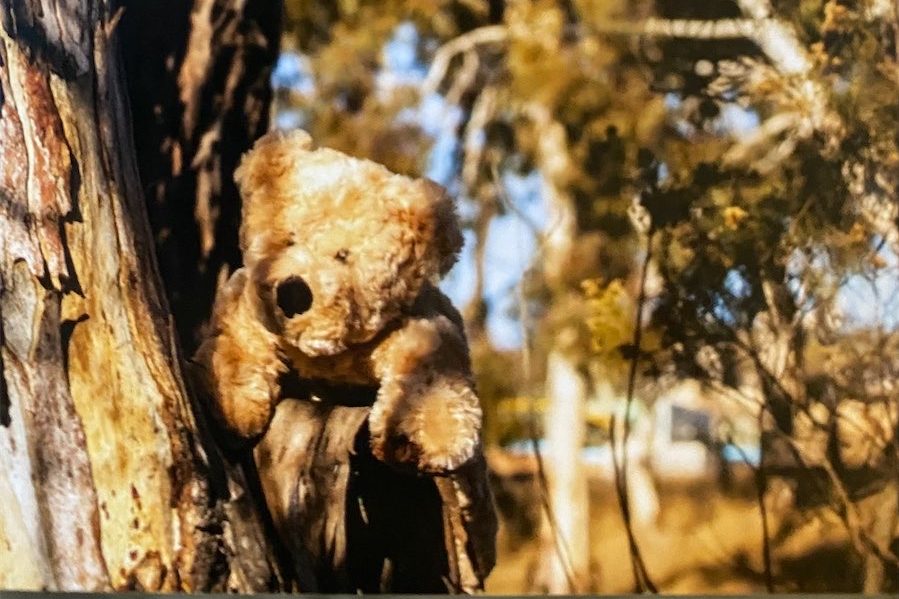“It is likely that light rail, in diverting funds from major unmet needs, is reducing rather than enhancing liveability and sustainability,” says letter writer MIKE QUIRK, of Garran.
MINISTER Steel claims the government has shown an “unparalleled level of transparency” in relation to light rail. Hogwash!

The government has either largely ignored or given superficial responses to criticism.
A business case, including a comparison of alternatives has not been done. Its approach is the antithesis of transparent and accountable government.
The decision to proceed, no matter what the cost or level of benefit, does not indicate a “mature and responsible government”, but the governance found in a banana republic.
Mr Steel frames the opposition by the Liberals to light rail as “denying access to the same great public transport system and lifestyle that northsiders enjoy”. Yet a small proportion of northside residents live or work in proximity to light rail and need to rely on other means of transport, especially the car. Its extension will not improve the mobility of most Canberrans.
The government’s strategy to address the challenges of congestion, climate action and urban sprawl of focusing a significant proportion of growth around major transport corridors and improving the transport network will assist economic growth and diversification, sustainability and enhance liveability. It has not demonstrated light rail is needed to meet these challenges.
The benefits, in all probability, can be achieved at substantially lower cost by other means including the greater use of electric buses (with their own right of way on the inter-town public transport route), increased employment dispersal and increasing the coverage and frequency of the bus network.
It is likely the project, in diverting funds from major unmet needs, is reducing rather than enhancing liveability and sustainability.
The government in its promotion and development of light rail is guilty of deceptive and misleading conduct. It has not established its claims are true or accurate and has failed to provide the information needed for voters to make an informed decision. Goebbels would be proud.
Policy should be based on evidence not malarkey.
Mike Quirk, Garran
Looking forward to electing a party that listens
I WOULD like to congratulate the ACT Liberals for finally making a stand
and announcing their platform of banning the 19th century waste of our taxpayers’ money, ie the tram.
This stand makes it clear to most of the people of Canberra who they
will be voting for in the next ACT election, the Liberals.
We have been reading in your paper about the couldn’t-care-less government that we’ve been stuck with for far too many years, so it is refreshing to look forward to electing a party that will listen to the people of Canberra.
Athol O’Hare, Kambah
Hoping reform will improve council appointments
THE Heritage Minister has dissolved the ACT Heritage Council, and announced a comprehensive reform of heritage. This follows a review that highlighted issues impacting the Heritage Council’s performance (“Heritage Council sent packing into history”, citynews.com.au, December 7).
Nine of the Council’s 11 members were appointed by Heritage Ministers.
The Council has two ex-officio members. The chief planning executive was appointed by the government. The conservator of flora and fauna was appointed by the chief planning executive.
The chief planning executive also chairs the Environment and Planning Forum. Three years ago he was invited to explain the contradiction between Notifiable Instrument 2012-622 and information that he had provided to Forum members. He responded by cancelling all Forum meetings for six months, on the grounds that the Forum “may no longer be fit for purpose.”
I hope that the reform will improve the quality of appointments to the Heritage Council.
Leon Arundell, Downer
Overseeing death of the detached family home
The ACT government has abrogated that important responsibility of ensuring that housing is affordable for the average Canberran.
Their offer is, if you want affordable, live in an apartment (“ACT government drops families into debt mess”, CN November 24).
They have overseen the death of the detached family home. A major driver of this has been restricting the sale of detached blocks and changing zoning laws to savage existing detached blocks.
The excuse is sustainability and affordability. The outcome has been the rapid increase in the per square metre cost of land – now over $1500 a square metre. You need to pay a lot more for a lot less.
At this land cost a family can’t build an affordable house on a detached 500 sqm block. For the government they get a lot more for each block and pushing up the per square metre value of land means greater rates take in the future. For the family, its living in a box where you can talk to the neighbour from your bathroom.
It would be interesting to crunch the numbers on what the input costs have to be to produce a detached affordable house for the average Canberra family – land and build. Because that’s what families want!
Ian Hubbard, via citynews.com.au
Fossil fuel-based products are in the past
VI Evans (Letters, CN November 17) declares she’s aware of the difference between the past and the future, and says that my comment on her earlier praise of fossil fuels and the plastics made from them failed to suggest what might be used in place of those plastics.
No, I didn’t waste space providing lots of examples, as a simple Google or similar search discloses so many recent developments in bioplastics, etcetera, and several products currently being marketed in this area.
As the development and production of environmentally-friendly alternatives continues to mature, if we effectively recycled the fossil fuel-based plastics we have already produced, rather than discarding them into landfill and our oceans, there would be no need to continue producing new ones.
The time for fossil fuel-based products is indeed in the past and the sooner we stop producing them the better. Yes, their replacements need further development and those already on the market may currently cost more than their fossil fuel-based alternatives, but those are elements of the price we have to pay now to reduce the massive damage we have caused to our environment, ourselves and other living things as soon as possible.
John M Schmidt, Monash
How do we address climate change?
THERE have been innumerable words written and spoken about climate change and the threats it poses, including letters by Mike Quirk and Peter Lyons (CN December 8).
However, there have been much fewer words about how to address this increasingly intransigent problem; and addressing it has never been more urgent.
The first and most obvious step is to phase out as quickly as possible the burning of the fossil fuels that began the process of global heating and are still its primary cause. For many of us, this must happen in our lifetimes.
Second, the world must cease destroying forests (unless they were planted for timber production) and instead plant new trees, nature’s most effective carbon sequestration system.
Our transport systems must either become all-electric, with batteries charged by solar energy, or powered by hydrogen made using renewable energy electrolysers.
Many aircraft could also be electric or hydrogen powered, as prototypes have already shown to be feasible.
I could go on, but I think the message is clear.
Dr Douglas Mackenzie, Deakin
Minister apologises for late return
AS reported by Ian Meikle (“Seven Days”, CN December 8), ACT Arts Minister Tara Cheyne’s dramatic second act entrance was indeed one of the unexpected moments of the first production of Mill Theatre at Dairy Road.
The cast and crew of “The Torrents” will remember Ms Cheyne’s acting debut with affection in view of her handsome and unprompted follow-up apology.
I’m afraid in this instance, teething problems with a new and unconventional venue contributed to her dilemma. A unique aspect of the theatre is its setting among the restaurants and breweries of a very unusual precinct. We are still working through ways to ensure they can accommodate theatre patrons on time.
If we are to become the cultural capital of Australia, as per the Minister’s ambition, we need to learn how to entwine economies so theatre patrons, for example, can at the one time take in a culinary, social and theatrical experience.
Lexi Sekuless, Mill Theatre, Fyshwick
Who can be trusted?
In a world of spin and confusion, there’s never been a more important time to support independent journalism in Canberra.
If you trust our work online and want to enforce the power of independent voices, I invite you to make a small contribution.
Every dollar of support is invested back into our journalism to help keep citynews.com.au strong and free.
Thank you,
Ian Meikle, editor





Leave a Reply